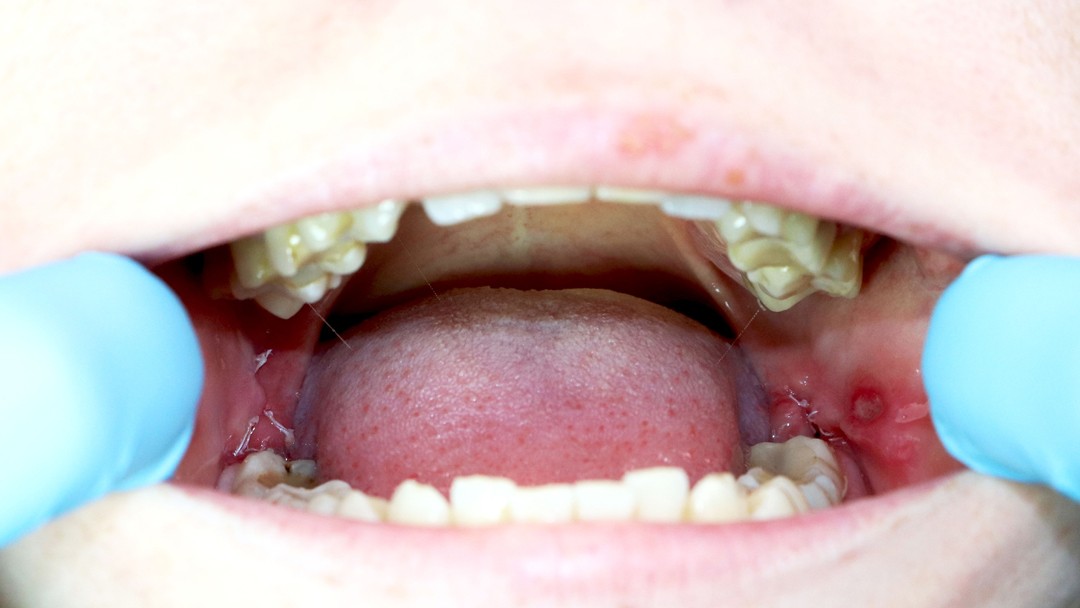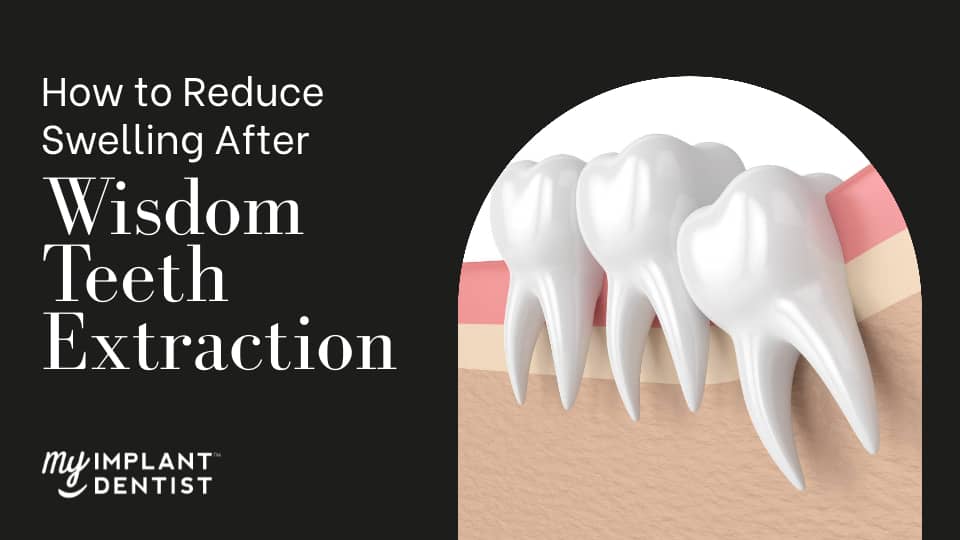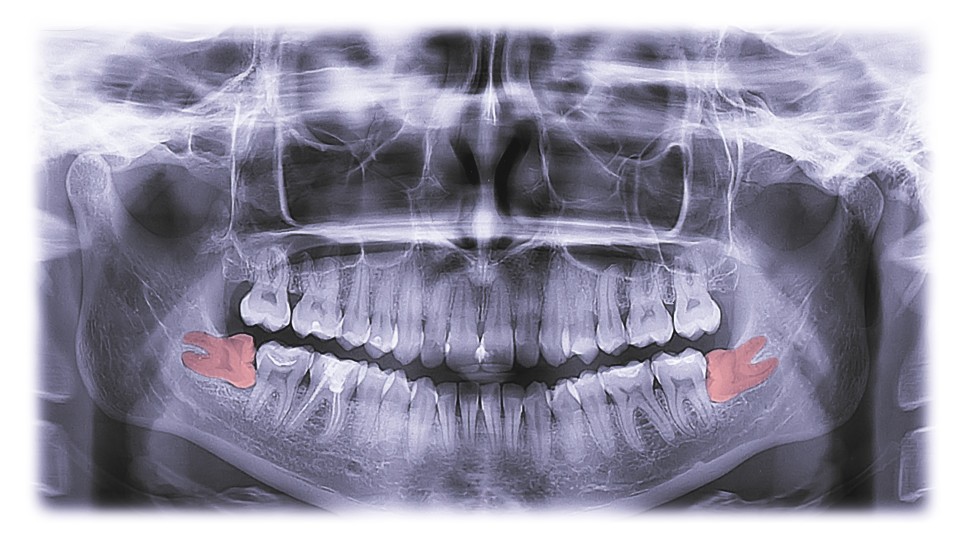Exploring Different Sedation Options for a Comfortable Wisdom Teeth Removal Experience
The usage of sedation throughout such treatments has actually come to be progressively common to reduce anxiousness and pain. With an array of sedation choices offered, from neighborhood anesthesia to basic anesthetic, each approach provides differing degrees of leisure and discomfort control.
Regional Anesthesia
Neighborhood anesthesia is a commonly used technique for numbing particular areas of the mouth during wisdom teeth extraction procedures. By carrying out a neighborhood anesthetic, such as lidocaine, a dental expert can ensure that the individual stays pain-free and comfortable throughout the removal process.
Among the main advantages of neighborhood anesthesia is its targeted numbing effect, which means that just the details area being treated is affected. This localized technique reduces the danger of systemic adverse effects and enables a quicker recuperation post-procedure. In addition, regional anesthetic is taken into consideration to be a safe and regular method in dentistry, with very little dangers included when carried out by an experienced specialist.
Laughing Gas
Laughing gas, typically understood as chuckling gas, is a type of sedation usually utilized in dental care to assist people unwind throughout oral treatments. It is a safe and effective method that includes breathing in a mix of nitrous oxide and oxygen through a mask put over the nose. Among the key advantages of laughing gas is its quick onset of action, generally within minutes, offering practically immediate leisure for the client. This sedation choice enables the individual to stay receptive and conscious throughout the treatment while really feeling at simplicity and comfortable.
As soon as the mask is eliminated, the impacts of the gas wear off promptly, enabling clients to resume their normal tasks without remaining sedative impacts. Nitrous oxide is ideal for patients of all ages, making it a functional sedation alternative for knowledge teeth extractions and various other dental treatments.
Oral Sedation
Dental sedation, a pharmacological approach utilized in dentistry, includes the administration of sedative medications by mouth to generate a kicked back state throughout oral treatments. The medications recommended for oral sedation belong to a class of medications called benzodiazepines, which have sedative, anxiolytic, and amnesic properties.
One of the primary benefits of dental sedation is its simplicity of administration. Unlike intravenous sedation, oral sedation does not call for needles or injections, making it a much more comfy option for individuals with an anxiety of needles. Furthermore, dental sedation is taken into consideration efficient and risk-free when provided by skilled oral specialists. It is important for clients to follow pre-operative directions offered by their dentist, such as abstaining from consuming or consuming before the procedure to make certain the sedative medicine functions as planned.
IV Sedation
Provided intravenously by experienced medical specialists, IV sedation is a powerful approach utilized to generate a regulated state of deep relaxation and unfamiliarity during dental procedures. Unlike oral sedation, which can be unpredictable in its impacts, IV sedation permits specific control over the degree of sedation, making it an ideal selection for intricate treatments like wisdom teeth removals.
During IV sedation, a sedative medication is delivered straight into the bloodstream via a vein, allowing it to work promptly and effectively. This method guarantees that the individual stays unaware and comfy of the procedure while still maintaining essential features such as breathing and heart price.
Among the primary advantages of IV sedation is its capacity to offer a deeper degree of sedation contrasted to other methods, making it particularly ideal for clients with high levels of anxiousness or those undergoing comprehensive oral work (wisdom teeth removal aspendale). In addition, the results of IV sedation commonly put on off gradually my website after the treatment, decreasing the chance of grogginess or lingering adverse effects. Overall, IV sedation supplies a secure and reliable option for making certain a comfortable and stress-free experience during wisdom teeth removal

General Anesthetic
Having discussed the advantages of IV sedation for knowledge teeth removal, the usage of basic anesthesia supplies a different option for individuals calling for a much deeper degree of unconsciousness throughout dental treatments. General anesthesia generates a regulated state of unfamiliarity, making certain the individual feels no pain or discomfort during the extraction process. This technique is especially helpful for individuals with extreme dental anxiety, complex surgical needs, or those undertaking multiple extractions at the same time.
General anesthetic is provided by a skilled anesthesiologist that very closely checks the client's important indicators throughout the treatment. It includes the use of intravenous drugs or inhaled gases to induce a state of unfamiliarity. While under basic anesthesia, the person will not recognize the surgical procedure, experience any type of pain, or have any kind of recollection of the treatment afterward.
Although general anesthesia is safe when provided by qualified professionals, it lugs a slightly greater danger compared to other sedation choices - wisdom teeth removal aspendale. Clients taking into consideration general anesthesia for wisdom teeth removal ought to discuss the possible threats and advantages with their dental expert or dental doctor to make a notified choice based on their specific requirements and clinical history

Conclusion
In verdict, numerous sedation alternatives are readily available to guarantee a comfortable wisdom teeth removal experience. Neighborhood anesthesia is typically used for numbing the certain location, while nitrous oxide offers leisure and discomfort alleviation. have a peek here Oral sedation and IV sedation visit site deal deeper degrees of leisure, depending on the patient's needs. General anesthetic can be utilized for much more complex instances. It is necessary to seek advice from your dental practitioner or dental doctor to establish the most ideal sedation choice for your procedure.
Nitrous oxide is ideal for clients of all ages, making it a functional sedation choice for knowledge teeth removals and other oral treatments.
